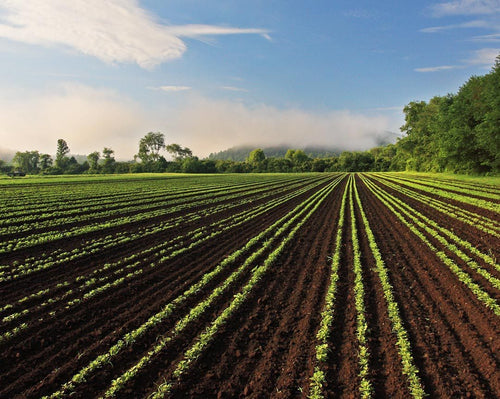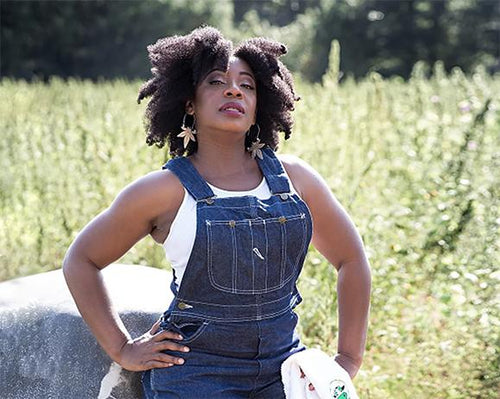To fulfill our purpose of connecting people, plants, and planet to create healing, we must use our business platform to challenge historic and ongoing racism. This belief led to the birth of our social impact program, the Gaia Herbs Roots Initiative (Gaia Roots), which prioritizes Black, Indigenous, and People of Color (BIPOC) in our social impact work.
How We Take Action

Small Grants for Lasting Change
Our grant program is closed for 2021. Please check back again in the future.

What Is Herbal Access?
Herbal access is about expanding the availability of herbs and herbal products to racial and ethnic minorities and economically disadvantaged populations. Herbal access also means providing educational tools to empower people to learn about the herbs and their traditional usage, teaching people how to cultivate their own herbs, and building a foundation of wellness for participants and their families.

Celebrating Our 2019 Small Grants Winners
Follow our past small grant recipients to learn about the important work they are doing in their communities.
Green Heffa Farms (@greenheffafarm)
Ogema Organics (@ogemaorganicsllc)
GrowingChange (@flip_the_prison)
Catatumbo Cooperative Farm (@catatumbo_coop)

Small Grants for Lasting Change
Our grant program is closed for 2021. Please check back again in the future.
What Is Herbal Access?
Herbal access is about expanding the availability of herbs and herbal products to racial and ethnic minorities and economically disadvantaged populations. Herbal access also means providing educational tools to empower people to learn about the herbs and their traditional usage, teaching people how to cultivate their own herbs, and building a foundation of wellness for participants and their families.
Celebrating Our 2019 Small Grants Winners
Follow our past small grant recipients to learn about the important work they are doing in their communities.
Green Heffa Farms (@greenheffafarm)
Ogema Organics (@ogemaorganicsllc)
GrowingChange (@flip_the_prison)
Catatumbo Cooperative Farm (@catatumbo_coop)
Why Is Change Needed?
Food and agriculture are intertwined with America’s history of slavery and systemic racism. The modern agricultural system, like every system in America, has benefited from the forced labor and oppression of BIPOC communities, and change and education is desperately needed. The deliberate work that our grant winners are doing to challenge this structural racism helps build a strong and equitable farming system for all. As a company operating a 350-acre farm, we recognize the interconnectedness between food, farming, and social justice issues, and acknowledge the responsibility we have to challenge systems and practices that contribute to the status quo.
- The USDA’s Commission on Small Farms admitted in 1998 that “the history of discrimination at the U.S. Department of Agriculture...is well-documented” against the BIPOC community who were pushed off their land by decades of racially biased laws and practices.
- Today, 95% of U.S. farmers are White.
- In 1920, one out of seven U.S. farms were Black-run; by 1992, one out of 100 farms were Black-run.
- Black farmers represent only 1.4% of the country’s 3.2 million farmers.
- In 2019, 99.5% of the $12 billion in subsidies from the U.S. government went to White farmers.
